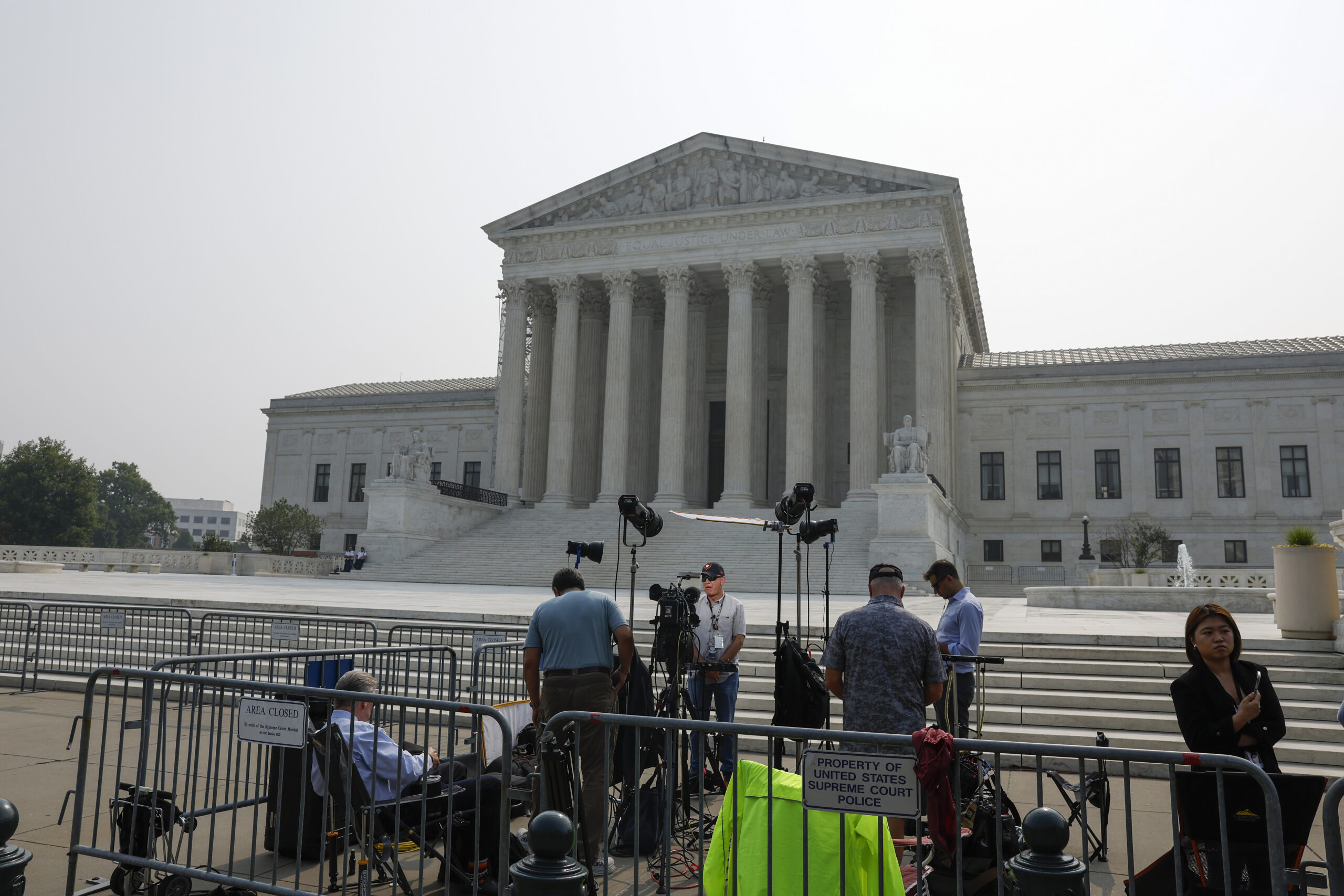In a landmark decision, the Supreme Court has ruled to strike down affirmative action in college admissions at two institutions marking a significant shift in the nation’s approach to addressing historical inequalities. The decision to end affirmative action programs at the University of North Carolina at Chapel Hill (UNC) and Harvard reverses decades of affirmative action programs used by U.S. institutions to select students from their applicant pools.
The court ruled that the way that both institutions approached race violated the equal protection clause of the 14th Amendment.
According to USA TODAY, Chief Justice Roberts wrote that too many universities “have concluded, wrongly, that the touchstone of an individual’s identity is not challenges bested, skills built, or lessons learned but the color of their skin.” The nation’s constitutional history, he wrote, “does not tolerate that choice.”
The vote was 6-3 in the University of North Carolina case and 6-2 in the Harvard case.
Justice Ketanji Brown Jackson’s Recusal
Justice Ketanji Brown Jackson was recused from the Harvard case. According to NBC News, Jackson served on Harvard’s board of overseers during the litigation. For that reason she stepped aside from that case and participated only in the North Carolina dispute.
She condemned the Supreme Court’s majority opinion on affirmative action in college admissions, with a dissent asserting that it will not bring a quicker end to racism.
“The best that can be said of the majority’s perspective is that it proceeds (ostrich-like) from the hope that preventing consideration of race will end racism. But if that is its motivation, the majority proceeds in vain,” Jackson wrote.
2013 Harvard Study
Affirmative action was designed to promote equal opportunity by considering an individual’s race or ethnicity in college admissions, which has long been a contentious issue in the United States.
According to The Hill, in 1978, the Supreme Court first laid the groundwork for affirmative action when deciding a challenge to the University of California system that reserved 16 out of 100 seats for members of certain minority groups. The Justices struck down the quota system but no opinion received a majority vote. In the years that followed, colleges and universities nationwide designed affirmative action programs based on one Justice’s opinion at the time that invalidated the quota while more broadly upholding race-conscious admissions.
It will take time for the impacts of the Supreme Court’s latest decision to be seen. But a resurfaced 2013 Harvard study discovered that after affirmative action ended in certain states, a decline in workplace participation followed for Black women.
The study examined California, Michigan, Nebraska, and Washington from 1990 to 2009 after they banned affirmative action. It was found that once those states did away with affirmative action, workforce participation from Latino men decreased by 7%, Black women’s participation decreased by 4%, and Asian women’s participation decreased by 37%. Black women’s participation continued to decline until five years after the ban.
Women of Color Speak Out Against Decision
Michelle Obama
The decision has sparked intense debates regarding the efficacy of affirmative action policies and their impact on achieving diversity on college campuses. As expected, many celebrities and leaders are furious with the recent ruling.
Former First Lady, Michelle Obama, expressed her heartbreak on the ruling on her Twitter page. She shared how she was among the few Black students on her campus and was proud that she got into the prestigious school. But she always wondered if people thought she made it there on her own merit or because of affirmative action.
“The fact is: I belonged,” Obama wrote. “And semester after semester, decade after decade, for more than half a century, countless students like me showed they belonged, too.”
Obama went on to write that students of all colors benefit from a diverse environment. She also touched on the fact that some students benefit from affirmative action of a different sort.
“So often, we just accept that money, power, and privilege are perfectly justifiable forms of affirmative action, while kids growing up like I did are expected to compete when the ground is anything from level,” the former first lady wrote.
Whoopi Goldberg
“The View” host Whoopi Goldberg explained to her co-hosts that “if everyone was actually treated equally, we wouldn’t have had to put in affirmative action.” The TV show shared the entire clip on its official Twitter page.
Sunny Hostin
Goldberg’s co-host Sunny Hostin chimed in with similar sentiment. She stated that this decision doesn’t stop colleges from considering how race impacts different applicants’ lives.
“Pretending that it is no longer an issue exacerbates the problem,” she said on The View.
She questioned if there would be more efforts to oppose legacy admissions to colleges and universities.
AOC
New York Congresswoman Alexandria Ocasio-Cortez also released a statement. She called out the Supreme Court for not getting rid of legacy admissions.
